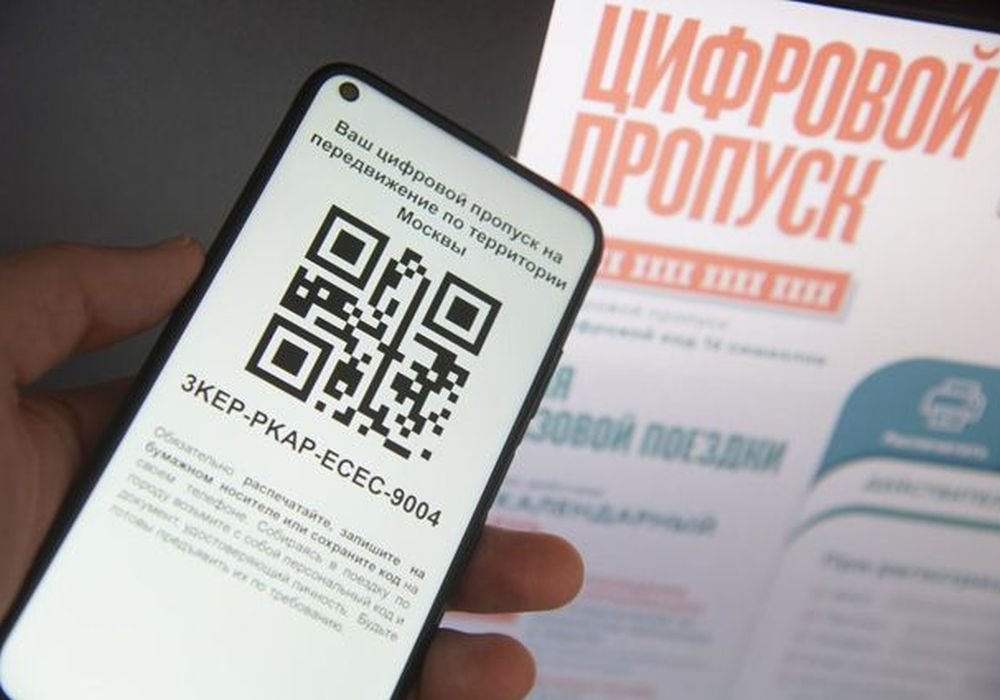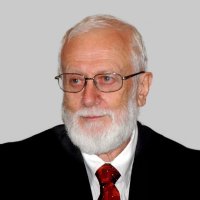
An expert in the field of viruses Anatoly Altshtein believes that the Russian authorities will not agree to the introduction of a new lockdown. On the winter wave of the Omicron strain in Russia, an unprecedentedly high incidence was noted, but no more severe restrictions were introduced.
The Russian authorities will no longer repeat the complete lockdown that our country faced in March 2020. Then, to travel by transport, it was necessary to obtain digital passes, enterprises stopped, shopping centers, catering establishments, and cultural and entertainment institutions were closed. This lockdown caused huge damage to the country's economy, but, according to some estimates, allowed the normalization of the medical care system for the ever-growing number of patients in serious condition with coronavirus.
Austria locks up 2 million people at home without vaccinations
Now a significant number of Russians have already been ill with COVID-19, which means they have gone through natural immunization. Tens of millions have been vaccinated, several million have been revaccinated. In addition, the Omicron strain and its subvariants most often provoke moderate morbidity. In some regions, the number of specialized inpatient beds for coronavirus patients has even decreased. All this allows us to assume that there will be no repetition of a hard lockdown.
Peskov answered the question about the possibility of introducing a new lockdown
However, Altstein urges people from risk groups not to forget that they are still vulnerable. Elderly citizens and those with chronic diseases that weaken the immune system and respiratory system must be revaccinated, maintain social distance and wear masks. We must not forget about washing hands, since even a relatively mild strain of Omicron in a person with a weakened body can provoke very serious consequences. (READ MORE)  Anatoly Altshtein Medicine Russian virologist; specialist in oncogenic viruses, vaccines, genetic engineering and the origin of genetic systems.
Anatoly Altshtein Medicine Russian virologist; specialist in oncogenic viruses, vaccines, genetic engineering and the origin of genetic systems.
